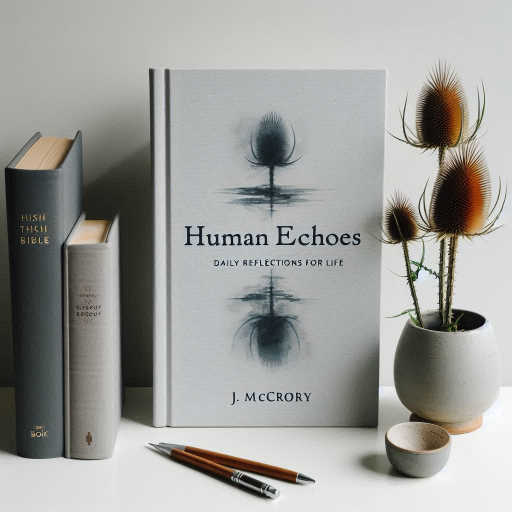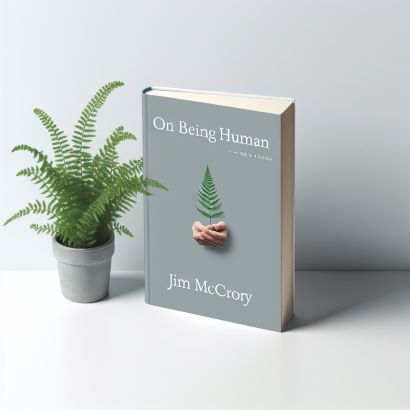"The disciple whom Jesus loved."

Image generated with the assistance of Microsoft Copilot
Throughout my life, I’ve let go of friends, not with bitterness, nor in haste, but with the slow, certain pull of time and truth. There’s a kind of mourning in it, a quiet ache, yet also a breath of renewal, it’s like walking out of a room that has grown too small and breathing in wide, open air.
When I was younger, friendships came easily. A shared laugh, a nearby desk, a common hobby — those were enough, or at least they seemed so. But as the years slipped by, I found that companionship alone could not fill the deeper spaces of the heart. Real friendship, I realized, isn’t just about enjoying someone’s presence; it’s a shared loyalty to something larger than ourselves, notably truth, goodness and loyalty to the things that still matter long after the laughter fades.
C.S. Lewis once said, in The Four Loves, that friendship is born when one soul says to another, “What! You too? I thought I was the only one.” It’s that glimpse of a common truth, a shared vision, that binds people deeper than circumstance ever could. And when that shared glimpse fades — or was never truly there — even the easiest friendships eventually wither.
Even in a Christian life, where love for all is our call, not every bond is meant for intimacy. Love is owed to everyone; closeness is a stewardship. Even Jesus, loving with a perfect heart, drew nearer to some more than others. Among the Twelve, there was John — “the disciple whom Jesus loved” — a quiet closeness Scripture hints at but does not fully unfold. Jesus loved them all. Yet with John, there was something different: a deeper resonance, a knowing beyond words.
I think of that often, when I feel the pull to step closer to some and quietly part from others. It isn’t a failure of love; it’s honouring the rare gift that true friendship is: a joining of hearts chasing the same light.
Some friends I left behind because our paths no longer bent toward the same truth. Some ties were nothing more than nostalgia wrapped in the illusion of love. Others slowly showed a dissonance too deep for even kindness to bridge. In letting them go, I’ve made space for what is real, companions who hunger for the same kingdom, whose eyes are softened by the same mercy.
There’s no anger in it, only gratitude for the good memories, and for the clearer path ahead.
I’ve come to believe we are shaped by those we walk with. And as the years gather behind me, I find I have less patience for those who tread lightly over sacred things. To love all is a command; to choose friends with care is a sacred task.

